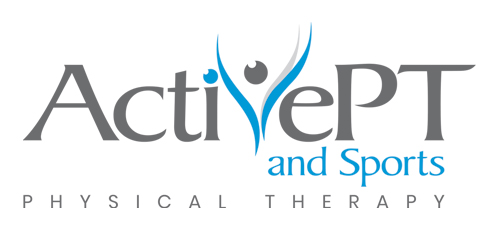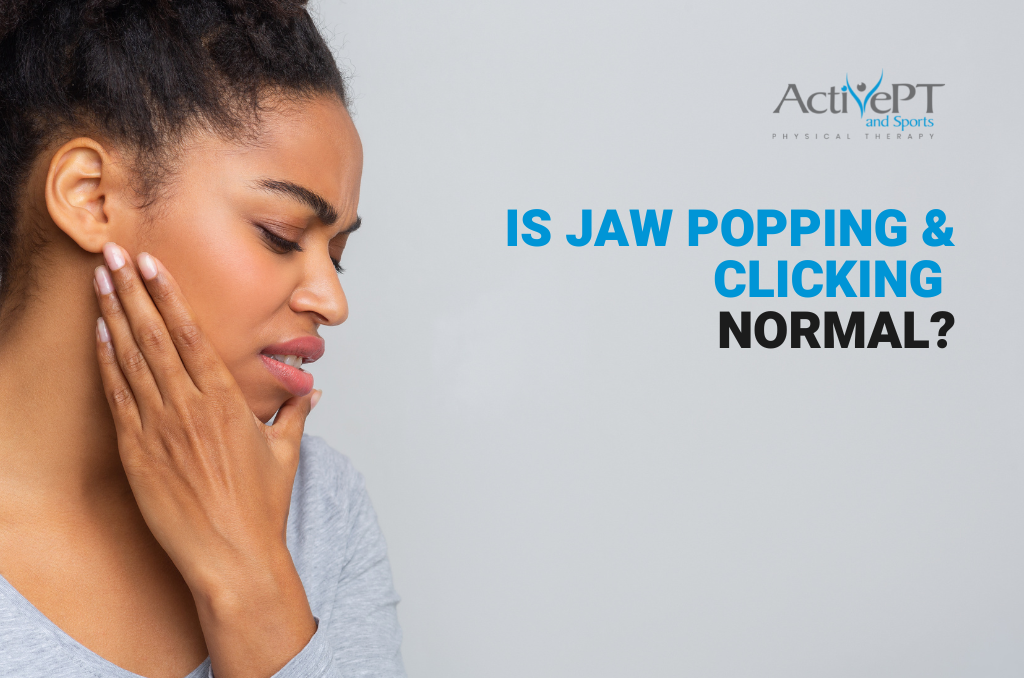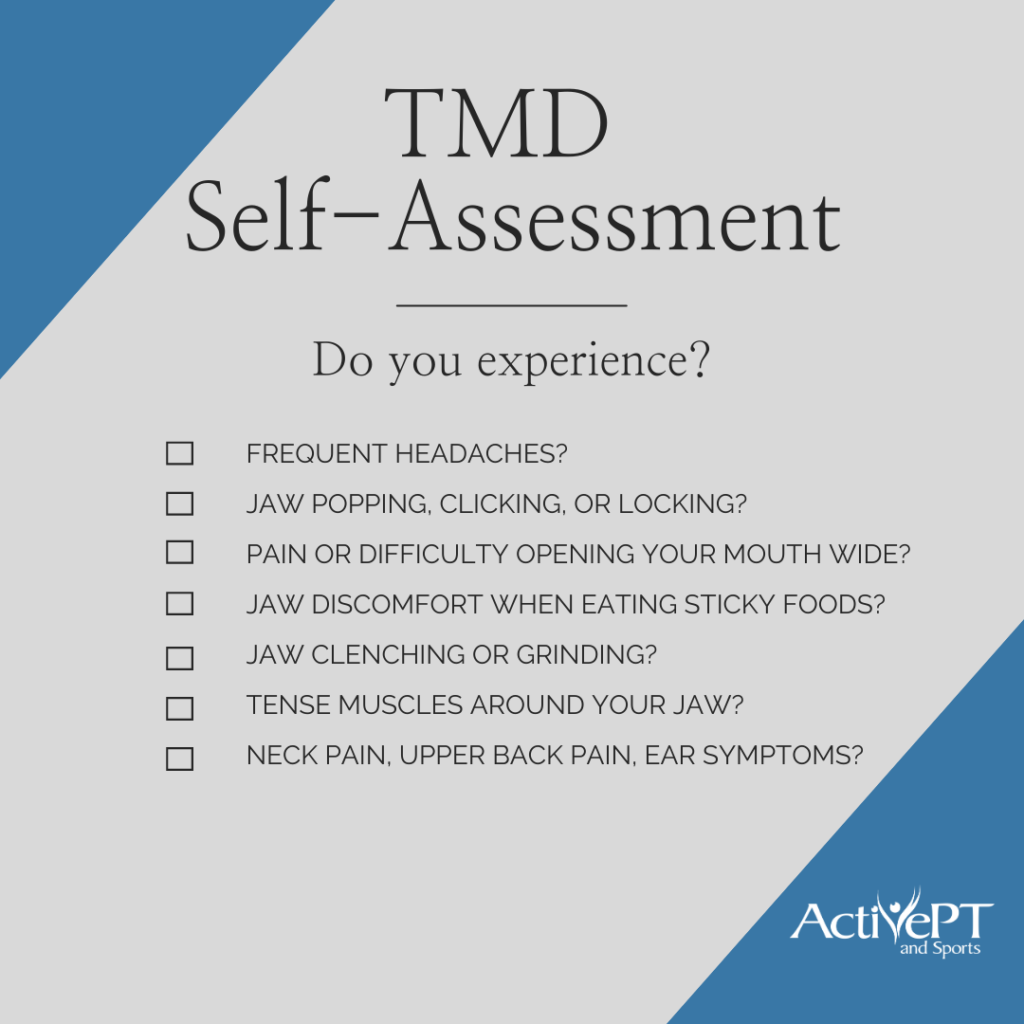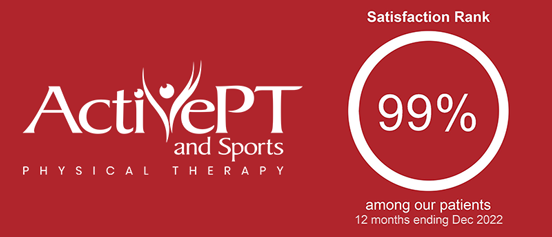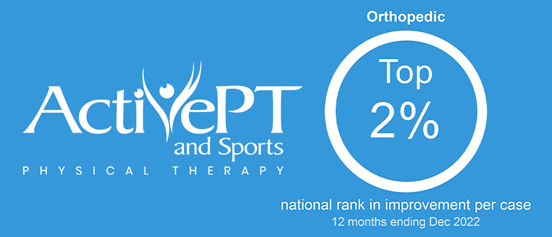Does your jaw click or pop when you yawn, chew food, or open your mouth? Clicking or popping in your jaw can make you feel uneasy, but may not be painful. Over time, your jaw clicking may improve or may worsen. There are a variety of reasons for painful and non-painful jaw clicking or popping. The good news is that most experts agree that non-painful popping or clicking in the jaw is not something to be concerned about. However, painful clicking in the temporomandibular joint (or TMJ) may likely benefit from treatment.
If you frequently experience jaw popping and clicking, it may be a sign of TMD (temporomandibular dysfunction). TMD refers to pain or problems with the jaw joint (TMJ). It is the second most common musculoskeletal pain behind low back pain. One in three people experience at least one symptom of TMD. This issue affects women more than men and most commonly affects people from 25-44 years old.
WHAT CAUSES CLICKING OR POPPING
If you experience subtle or even loud jaw clicking or popping on a regular basis, you may wonder what is causing your symptoms. In short, there is no easy answer. Some clicking or popping is caused by the cushion or disc in the jaw joint. Arthritis can sometimes be the cause. In other cases, TMD can lead to painful clicking or popping. There is no way to know or prove what exactly is causing your jaw to click. However, you should consider whether any of your daily habits may contribute to your pain or problems.
TMD symptoms are often worsened by:
-
-
- Biting nails
- Excessively chewing bubble gum
- Biting or chewing on pencils/pens
- Clenching or grinding your teeth
- Biting the inside of your cheek
- Excess muscle tension in the shoulders and neck from stress
- Poor sleep
-
A more important consideration is whether your jaw popping is painful or if it interferes with your daily life. Non-painful popping and clicking is very common. Typically popping and clicking is not concerning as long as no pain is associated with the symptoms. However, if your clicks or pops are very loud or are accompanied by catching or locking of your jaw, you should have a TMJ expert assess your symptoms.
SELF-HELP TIPS
There are many ways you can help reduce your TMD symptoms. Start by identifying any habits or other items that worsen your symptoms. Keep a journal to help you identify how often you chew gum, bite your nails or the inside of your cheek. Does this worsen your jaw pain, clicking, or your ability to open your mouth? Set an alarm each hour on your phone during the day to check your posture and tension. Are you resting in a tense posture? Is your jaw clenched? Can you release this tension? In a healthy resting posture, your shoulders should be relaxed. If your jaw is relaxed, your teeth should be slightly apart and your tongue should naturally rest on the front of the roof of your mouth. This hourly alarm will help you understand how much daily tension you place on your jaw joint. Learn more about common symptoms and how physical therapy helps TMD on our TMD page.
START GETTING RELIEF TODAY
If you are experiencing symptoms of TMD, help is just 15 minutes away. Consult with one of our specialists today at no cost. Our free screening appointments allow you to meet with a specialist for 15 minutes and get your questions answered today. Our team of TMD specialists work as a team with your dentist to ensure the best possible care. If you clench or grind at night, your dentist or therapist may recommend a night splint in addition to therapy treatments. In very rare cases, surgery may be necessary to correct a severe TMJ dysfunction. We can refer you to a specialist if further assessment is needed. Many dentists and physical therapists have no advanced training in TMD, so seek advice from those who specialize in treating this complex issue.
AUTHORS
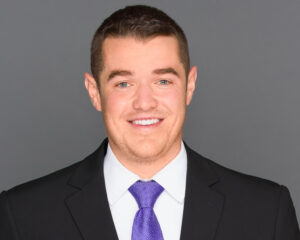
Mike Walsh, DPT, ATC, Cert. DN
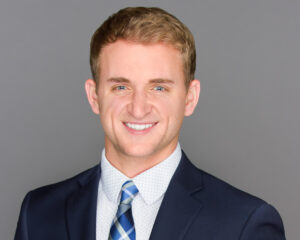
Hunter Scherr, DPT, Cert. DN

Chloe Tuma, DPT, Cert. DN
